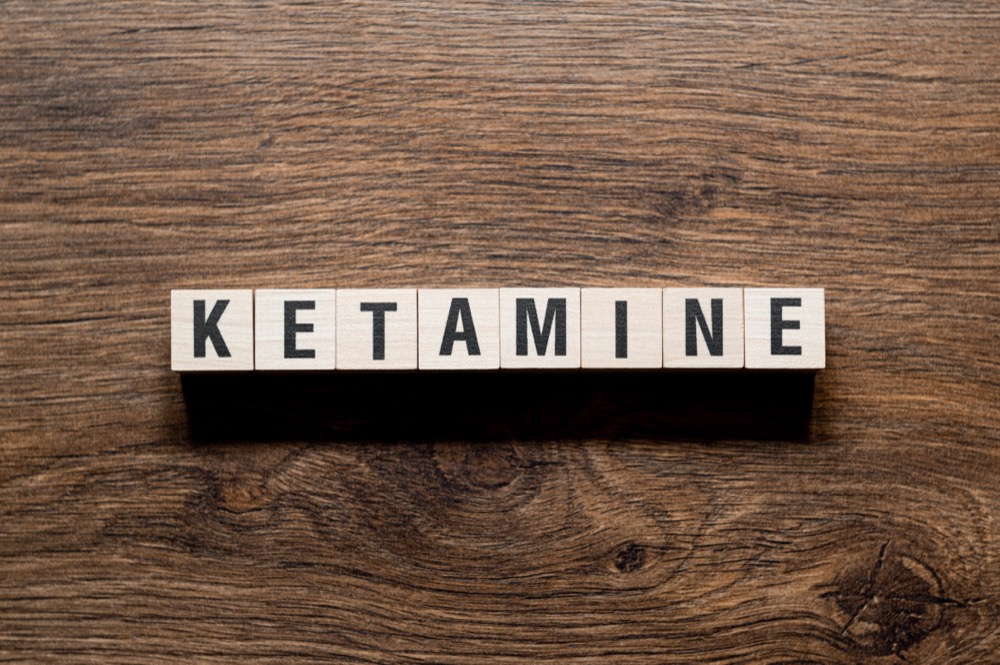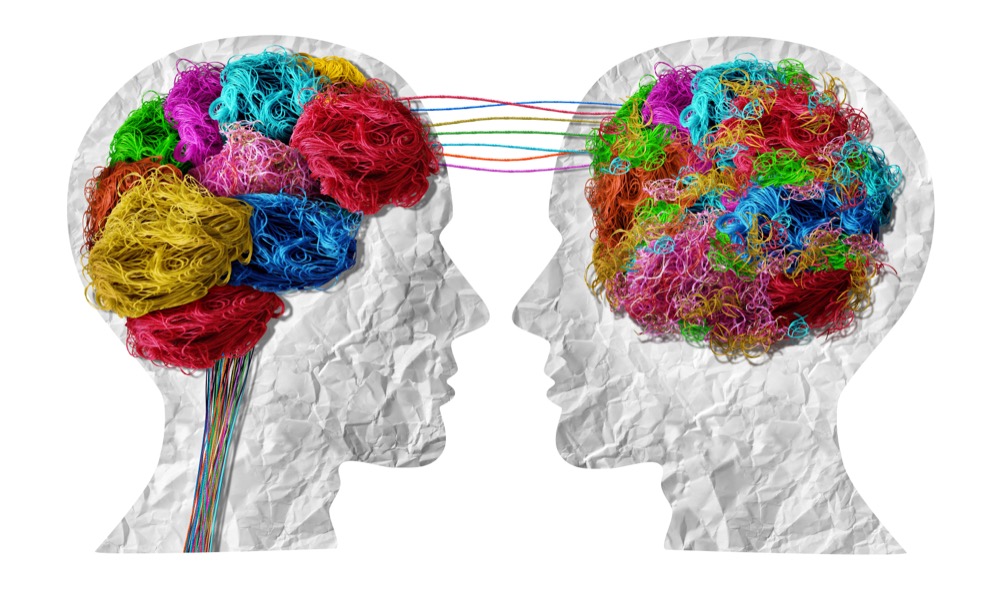Table of Contents
Depression is a tough battle for millions of people worldwide according to the World Health Organization. But how does ketamine therapy work?
It’s more than just feeling sad or going through a rough patch; it’s a serious mental health condition that can profoundly affect every aspect of someone’s life.
While there are various treatments available, only some find relief through traditional methods.
This is where ketamine therapy offers a ray of hope for those who feel like they’ve tried everything else.
What is Ketamine?
Ketamine has been around since the 1960s, primarily used as an anesthetic in hospitals and on the battlefield.
However, over recent years, it’s gained attention for its potential in treating depression, especially in cases that have not improved with other treatments.
It has led to a growing interest in understanding how ketamine therapy works and whom it could help.
How Does Ketamine Therapy Work?
Ketamine works differently from traditional antidepressants, which generally focus on the neurotransmitters serotonin and noradrenaline.
Instead, ketamine targets a different part of the brain.
It influences the NMDA receptors, which are involved with memory and synaptic plasticity.
Researchers believe that ketamine helps by promoting the growth of synapses and rapidly enhancing the connections between brain cells, which are often compromised in individuals suffering from depression.
It can bring about significant improvements in mood and cognitive functions over a much shorter period than traditional antidepressants.

How Does Ketamine Therapy Work for Depression
What sets ketamine apart in the battle against depression is its unique action on the brain.
Traditional antidepressants target neurotransmitters like serotonin and noradrenaline, trying to adjust their levels.
Ketamine, on the other hand, engages with the NMDA receptors in the brain, playing a pivotal role in mood regulation and thought patterns.
Ketamine can help rewire the brain in ways that foster a more positive outlook and emotional stability by stimulating the production of new neural connections.
This rapid reshaping of neural pathways is what accounts for ketamine’s quick and often powerful effects.
The Process of Ketamine Therapy
Ketamine therapy doesn’t resemble taking a daily pill.
Instead, it usually involves sessions where ketamine is administered either through an IV, intramuscularly, or as a nasal spray in a controlled clinical setting.
Here’s a brief rundown of the process:
Initial Evaluation
If you’re considering ketamine for your depression, the process starts with an evaluation by a mental health professional. You can choose between getting individual or group KAP that will be considered for your needs.
This evaluation makes sure ketamine therapy is suitable for you.
You’ll discuss your mental health history, current medications, and treatment expectations.
It’s all about understanding your unique needs and ensuring safety.
The Treatment Plan
After the evaluation, if ketamine therapy is considered a fit, you’ll receive a treatment plan.
It outlines how often you’ll have therapy sessions, the dose of ketamine you’ll receive, and how it will be administered (intravenously, through a muscle, or as a nasal spray).
Each plan is tailored to the individual’s needs.
Preparation for Treatment
You may receive guidelines to prepare before starting therapy, such as fasting for a certain number of hours.
It’s important to follow these instructions for the treatment to be safe and effective.
Administration and Monitoring
During your therapy sessions, you’ll be in a comfortable setting under close supervision by medical staff.
Ketamine can be given in different ways, with intravenous (IV) being the most common.
Administering ketamine IV involves inserting a small needle into a vein, typically in your arm, and allowing the medication to enter your bloodstream over a set period.
Throughout, your vital signs like heart rate and blood pressure are monitored to ensure everything is going as it should.
The Experience
Ketamine can cause you to feel detached from your body or reality, a sensation known as dissociation.
Some find it strange or unsettling, while others describe it as a break from negative thoughts.
This effect is temporary and usually recedes shortly after the treatment session ends.
Post-therapy Care
Once the session is over, you won’t be able to drive or operate machinery for at least 24 hours, so you’ll need someone to take you home.
You may feel tired or a bit strange for a few hours after the therapy, but most people are back to their normal selves by the next day.
Follow-up and Support
Therapy doesn’t stop when the ketamine session ends.
Follow-up appointments are key to monitor your response to the medication and adjust your treatment plan if necessary.
Additionally, mental health counseling or psychotherapy may complement the drug therapy, allowing you to address underlying issues and learn coping strategies.

Pros & Cons
Advantages of Ketamine Therapy
Quick Results
One of the standout benefits of ketamine therapy is how fast it can work.
Unlike traditional antidepressants that might take weeks to show any benefit, some individuals feel better within hours or days after ketamine treatment.
This rapid improvement is particularly crucial for those struggling with intense depressive episodes or suicidal thoughts.
New Treatment Avenue
For folks who have tried numerous antidepressants without success, ketamine offers fresh hope.
It works differently than standard depression medications, targeting unique brain receptors and pathways.
This means it could lift depression when other treatments haven’t made a dent.
Short-term Relief for Severe Cases
Ketamine can be a lifeline for those in acute distress, providing temporary relief from the heavy symptoms of depression.
This can be invaluable for stabilizing someone’s mood in critical times.
Additional Treatment Option
Depression is complex, and what works for one person might not for another.
Having ketamine as an option broadens the toolkit available to tackle depression, offering customized treatment plans that accommodate individual needs and responses.
Disadvantages of Ketamine Therapy
Side Effects
While ketamine’s quick action is notable, it’s not without side effects.
During and shortly after treatment, some people experience sensations of dissociation, feeling detached from their body or surroundings, which can be unsettling.
Other possible side effects include nausea, dizziness, increased blood pressure, and blurred vision.
These typically subside soon after the session but can be uncomfortable.
Supervised Setting Requirement
Ketamine needs to be administered in a controlled, clinical setting under the watchful eye of healthcare professionals.
This necessity limits where and when you can receive treatment, unlike taking a daily pill at home.
Temporary Solution
The effects of ketamine on depression tend to be short-lived.
It’s not a one-time fix; ongoing treatment sessions are often required to maintain its benefits.
This need for repeated treatments can be both a time and financial commitment.
Lack of Long-term Research
Ketamine therapy for depression is relatively new, and scientists are still figuring out its long-term impacts.
Questions about the effects of continued use or potential dependency issues remain, making some cautious about embracing it wholeheartedly.
Cost and Coverage
Ketamine treatments can be pricey, and not all insurance plans cover them.
This out-of-pocket expense makes it less accessible for some, creating a barrier to this potentially life-changing treatment.
Common Misconceptions
Despite its promise, some people are understandably wary of ketamine due to its past reputation.
There are misconceptions that it’s only a recreational drug or that it’s not safe when, in fact, when administered and monitored by medical professionals, it’s considered to be very safe.
The doses used for therapy are significantly lower than those used illicitly, and the setting and intention behind its use are focused on healing and well-being.

Safety and Side Effects
Like any medical treatment, ketamine therapy can come with side effects.
Some common ones include dissociation (feeling detached from yourself or your surroundings), dizziness, nausea, and increased blood pressure.
These side effects typically don’t last long and are manageable under clinical supervision.
It’s also worth noting that because of its potential for misuse, ketamine must be administered under strict guidelines.
Patients should always have a thorough evaluation by a healthcare professional before starting treatment and should never attempt to self-medicate with ketamine.
Weighing Your Options
Deciding on depression treatment is deeply personal. Here are some steps to consider if you’re thinking about ketamine therapy:
Chat with a Professional
A mental health specialist can help clarify if ketamine is a suitable option for you.
Discussing your medical history, current health status, and treatment goals is a good starting point.
Consider Your Current Situation
Ketamine therapy might appeal more if you’re facing severe depression symptoms and other treatments haven’t worked.
Understanding where you stand can guide your choices.
Weigh the Pros and Cons
Reflect on the advantages and challenges of ketamine therapy.
How do you feel about the potential side effects? Is the financial cost manageable for you?
Making a list of pros and cons can be helpful.
Talk to Others
If possible, reach out to individuals who have undergone ketamine therapy.
Hearing about their experiences can provide valuable insights and help set realistic expectations.
Final Thoughts
Dealing with depression is a unique journey for each person, and finding the right treatment can be challenging.
Ketamine therapy represents hope, particularly for those who feel they’ve tried everything to no avail.
With a mechanism of action that sets it apart from traditional antidepressants, its ability to quickly alleviate symptoms offers a revolutionary approach to battling depression.
Still, it’s crucial to approach ketamine therapy with careful consideration, proper support, and guidance from experienced healthcare professionals.
As research continues and treatment protocols evolve, ketamine therapy could become a more prominent instrument in the orchestra of depression treatments, helping to bring back the harmony that so many seek in their lives.
If you’re seeking innovative and supportive approaches to managing depression, the Houston Center for Counseling is the right place for you.
Our group ketamine-assisted therapy combines the power of ketamine psychotherapy with the profound impacts of communal support in a secure environment designed to foster personal growth and cognitive flexibility.
Check out our services and get in touch with us to learn more about how this unique therapy can be tailored to your journey toward healing.
Read more about our available services or connect with us to help you determine which is the best help for you.
- Childhood Trauma/Complex PTSD
- EMDR Therapy
- Intensive EMDR
- Ketamine Assisted Therapy for Individuals or Group
- Adjunct EMDR Therapy
- Individual and Group Therapy



